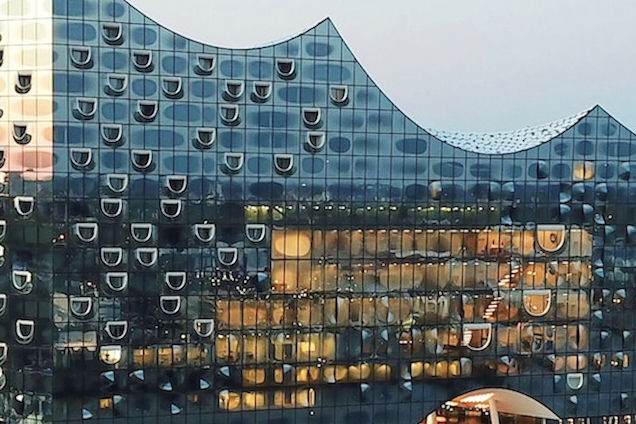
The tale of the lazy frogs
Once upon a time, there was a little stretch of green near a small village. The green and its nearby pond were full of frogs. This made the people of the village very happy, as the frogs hunted the mosquitos and kept them away. So, the people of the village placed a big pot near the pond to supply the frogs with fresh water and food.
The pot became very popular among the frogs, who would jump in more and more often, to spend time together and share ideas and tricks about hunting mosquitos. This was refreshing and useful, particularly for the younger frogs, who could learn the principles and tricks of hunting mosquitos and then go to the pond to practice.
Soon however, some of the lazier frogs started saying, “It is so comfortable here! Why do we have to jump in and out of the pot? Let’s stay here and get free meals while we tell stories about mosquitos – nobody is as good as we are at telling stories about hunting mosquitos”. Every time a new frog jumped in to try to share the experience about mosquitos, the lazy frogs would object, saying, “Get out! Get out! We are not interested in mosquitos, we are only interested in the fine art of telling stories about hunting mosquitos. And anyway, there is not enough food here for you too”.
Time passed and the frogs in the pot became fatter and lazier. Young frogs from the pond stopped jumping in because there was nothing useful to learn and the boring, fat frogs were always shouting, “Nobody is as fine as we are in telling stories about hunting mosquitos”. There were, however, a few young frogs that were born in the pot: they were sure that the pot itself was the world and did not even think about leaving the pot and jump into the pond.
The lazy frogs spent most of their time telling stories about telling stories about hunting mosquitos, although they had never seen a single one.
One day, a frog jumped into the pot and said, “The season has changed and there are no mosquitos left to hunt, but completely different insects instead. Why don’t you come and see?” The frogs in the pot shouted “Get out! Get out! We are not interested in insects; we are only interested in telling stories about telling stories about hunting mosquitos, and nobody is as good as we are in this fine art. Moreover, we are very busy, we are now engaged in a very important competition. We are ranking the most influential frog, being quoted in the other stories and, you know, counting citations is a full-time job!”
But the season really had changed and people from the village, as food was scarce, were no longer willing to feed the frogs. One man, when he saw the frogs, said, “Look at these fat, lazy frogs, they are not hunting anymore, so let’s stop feeding them”. Another said, “Let’s light a fire under the pot so we can boil them for dinner!”
Having seen the fire, a few brave frogs from the pond jumped onto the edge of the pot and started shouting: “Watch out! Jump out! There is a fire under the pot!”
The lazy frogs replied, “Come on, don’t fool us! There is no fire under the pot and there never has been! You’re just jealous and want us to get out so you can take our place! Get out! We don’t have time to listen to you, we are very busy telling stories, about telling stories, about telling stories about hunting mosquitos...”.
CINet and relevance
From its very beginning, CINet has striven to accomplish research that combines academic rigor with practical relevance.
In fact, there is an enormous amount of excellent innovation research and theory – on factors of success and failure, the role of key individuals, the influence of organizational structure and culture; innovation process models; factors affecting the dissemination and adoption of innovations; innovation and absorptive capabilities. The list is endless. However, we do not really understand how to get all this knowledge to work in companies.
Knowledge is not the problem, implementation is. Rather than continuing adding more and more factors to our innovation theories and putting huge research effort into marginally increasing the explanatory power of our theories, we should change focus towards the question how we get all we know out there, into industry.
Our simple recipe for avoiding becoming lazy frogs, telling stories about mosquitos, but no able anymore to actually catch them is:
Get out of the safety of the ivory tower, find out why it is so difficult to get all our knowledge working in industry and how to make it work. Develop implementation theory and methods, and teach and, especially, train our students and the managers we work with in how to actually manage innovation.
Are you interested in helping us to realize this vision? Do not hesitate to contact the CINet board with your proposals.


